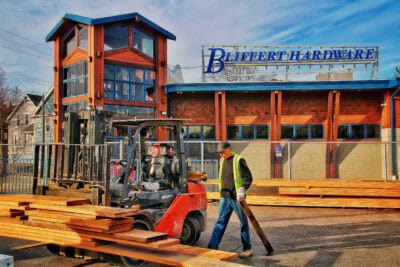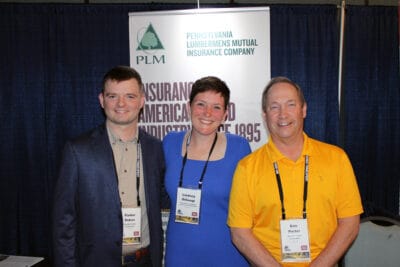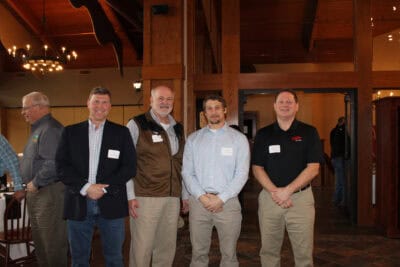Newcomerstown, OH – When David Weissman purchased Oak Pointe, located here, in July 2007, he knew he was buying into a solid company.
Weissman had done business with the company for some time, having worked for a building components wholesaler that specialized in windows, doors, stair components, and other millwork. He knew that Oak Pointe, which had originally opened in 1996, had quickly established itself as a regional leader in the manufacturing of stair parts.
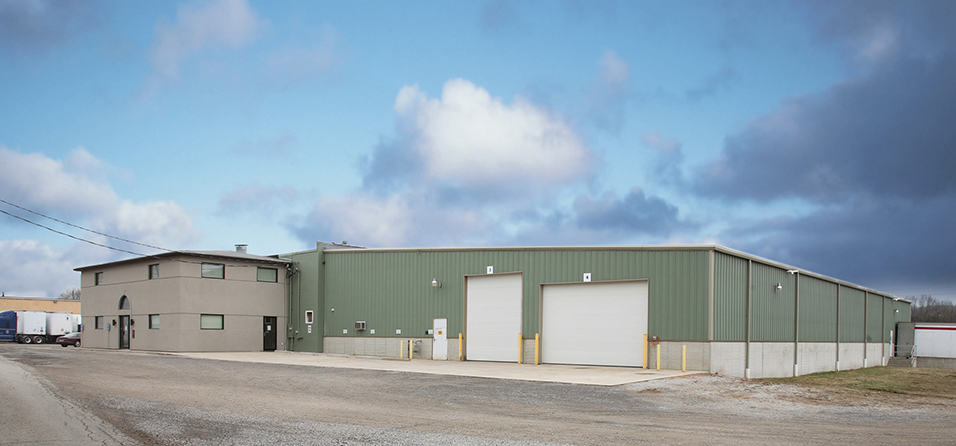
“Prior to Oak Pointe, I had a little wood turning shop and was trying to grow, and I needed a better facility,” Weissman recalled, adding that his company, Creative Custom Components, was focused exclusively on custom-made products, while Oak Pointe was almost entirely dedicated to manufacturing parts for stairways. “I needed an expanded, talented employee base and a bigger customer base.”
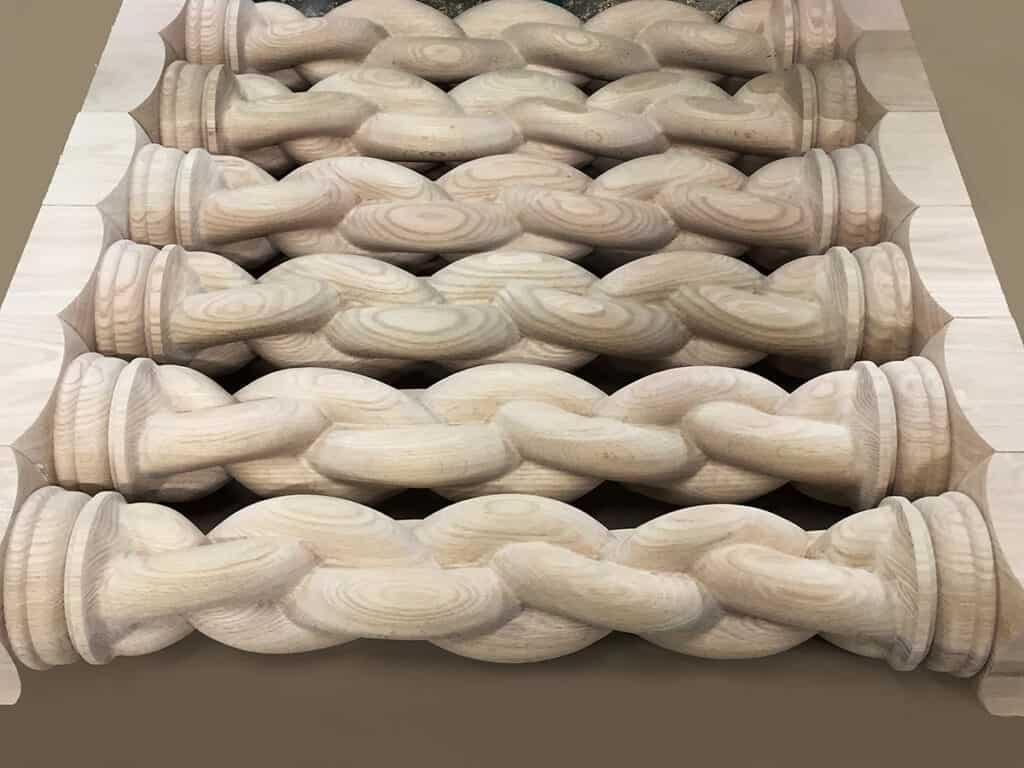
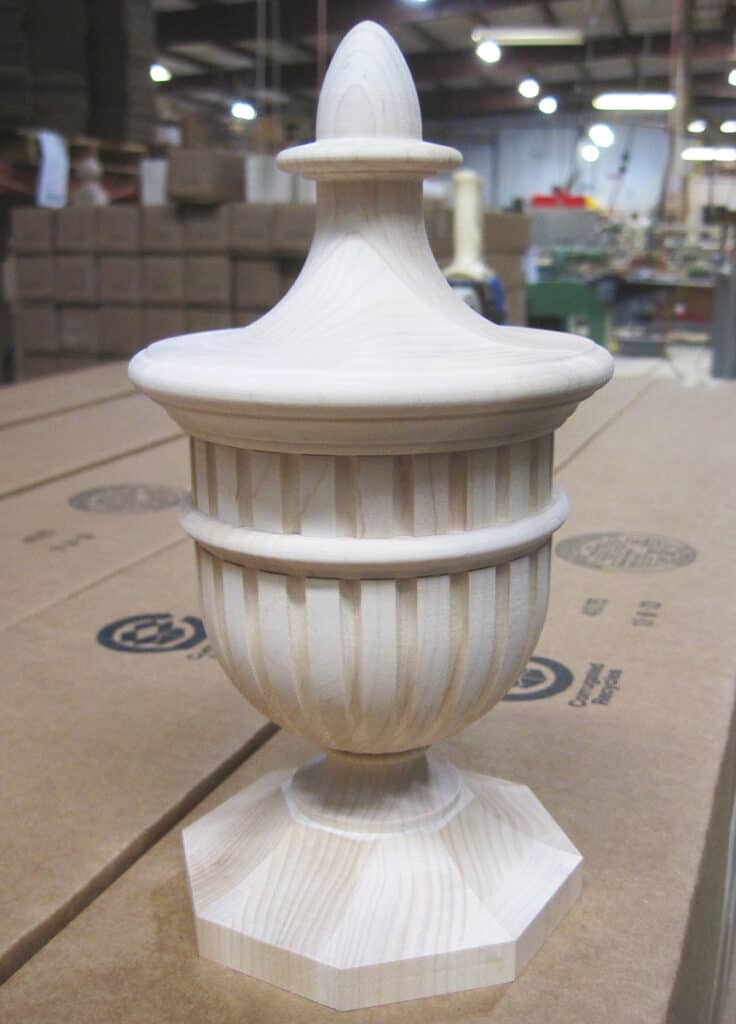
It turned out to be a perfect match, with the re-focused Oak Pointe building on its reputation for consistent quality, but now with the additional feature of a dedicated custom approach. Weissman explained that the shift in approach provided a welcome jolt to the industry in general.
“Before 2010, if you went and gathered up catalogues to all the stair component companies, they all looked the same as they had for years,” he noted. “Now imagine if you went into a car dealership and they were selling the same cars from 10 years ago.” Instead of relying only on classic stairway components, Oak Pointe began introducing variations, driven by a desire to distinguish itself from the competition, but also by necessity, as Weissman remembered.
“There was the housing market crash that came right after buying the company,” he said, adding that it turned out to be an opportunity to differentiate Oak Pointe. “Our business dropped and many other companies began importing rather than making their products. We were small and couldn’t do the imports; we couldn’t compete with imports from the other companies on price. We started making new designs of newels, balusters, and other components. We did that for several years and our catalogue ballooned up. It is an ongoing process.”
A quick look through the company’s catalogue reveals dozens of species including Red and White Oak, Quartersawn White Oak, Hard and Soft Maple, Beech, Alder, American Cherry, Walnut, Poplar, Hickory, Jatoba and Sapele, as well as other species upon request, of which Oak Pointe purchases over 100,000 board feet annually. Weissman quickly pointed out that as with designs, if a customer wants something that’s not in the catalogue, Oak Pointe will do everything it can to source whatever wood is desired.
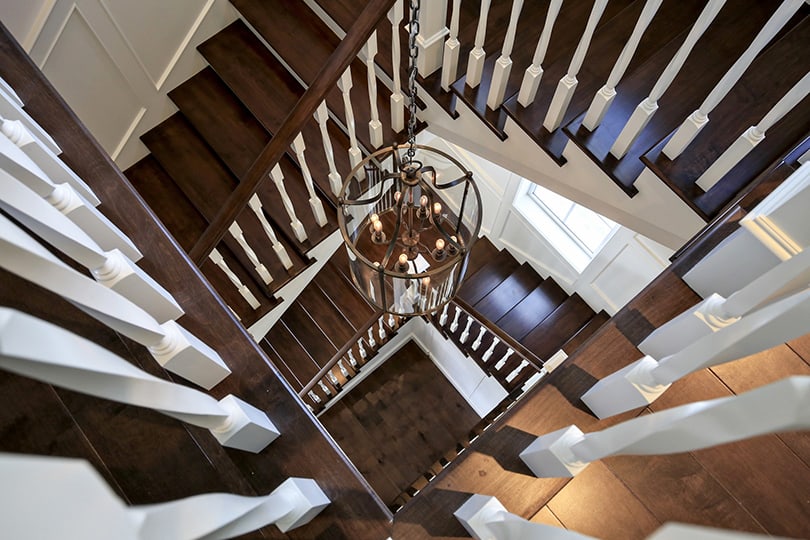
“It changes over time, just like design changes,” Weissman said about wood preferences. “Back in 2007, Jatoba (Brazilian Cherry) was popular. Then it was American Cherry that was popular, and then that faded. Today, White Oak is very hot; some days it seems that 50 percent of the quotes we do are for White Oak. There’s been a shortage, however, because in addition to the construction industry, it’s also used for bourbon barrels and a lot of it is being exported.”
He noted that White Oak also once enjoyed a nice price point relative to Red Oak, which has been a staple species for many years. Now, however, White Oak is much more than Red Oak. Hard Maple and Poplar are also popular, as well as Walnut. In terms of imported species, there are a variety of Mahoganies that are used consistently, including Sapele Mahogany and Genuine Mahogany, which is the same species of tree that used to come from Honduras. African Mahogany and European White Oak have also sparked substantial consumer interest. Weissman pointed out that while Oak Pointe does offer a wide variety of species and design options, most of the company’s success can be traced back to its most valuable asset: its people. He noted that in the 15 years since he purchased it, the company has expanded to almost 30 people today.
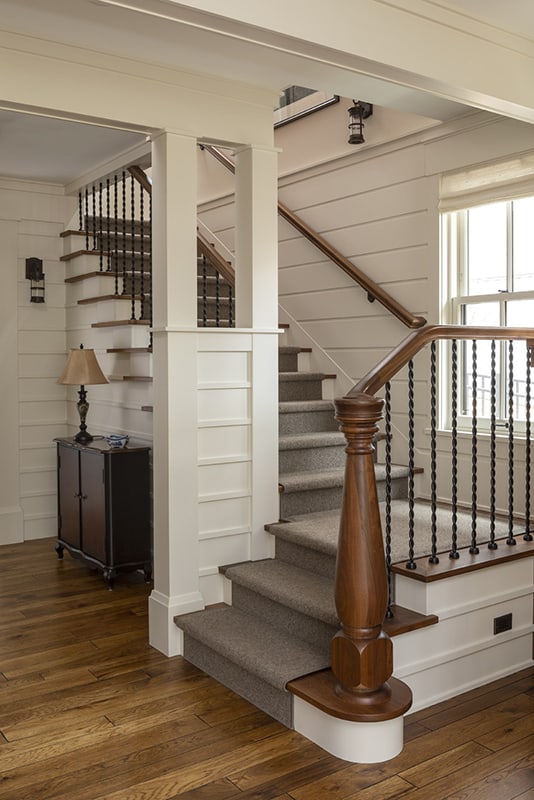
The expansion in product offerings was enabled, in part, by a commitment to reinvest in the company. Weissman noted that in recent years, Oak Pointe has added a number of enhanced capabilities to its already-impressive repertoire of equipment. For example, back in 2007, the company had a single CNC machine, today there are seven including routers, CNC lathes and a metal machining center for their stainless-steel program, all of which he described as “the backbone” of the company’s efforts.
“Our CAD people can draw the design and send it directly to the machines,” he said. “In addition to those CNC lathes, we have the old rotary head lathes. The difference is you have to build a lathe head, for that specific pattern. They are great for volume work. In terms of turnings, we have a lot of capabilities and capacity. We have a guy who designs the rotary lathes, so we are self-sufficient.”
In addition, Oak Pointe employs a couple of router tables, including a six-axis router. The advantage of the six-axis router over its more common three-axis counterpart is that its head can pivot and rotate in ways that enable it to create compound radius parts, offering the opportunity to develop more intricate designs.
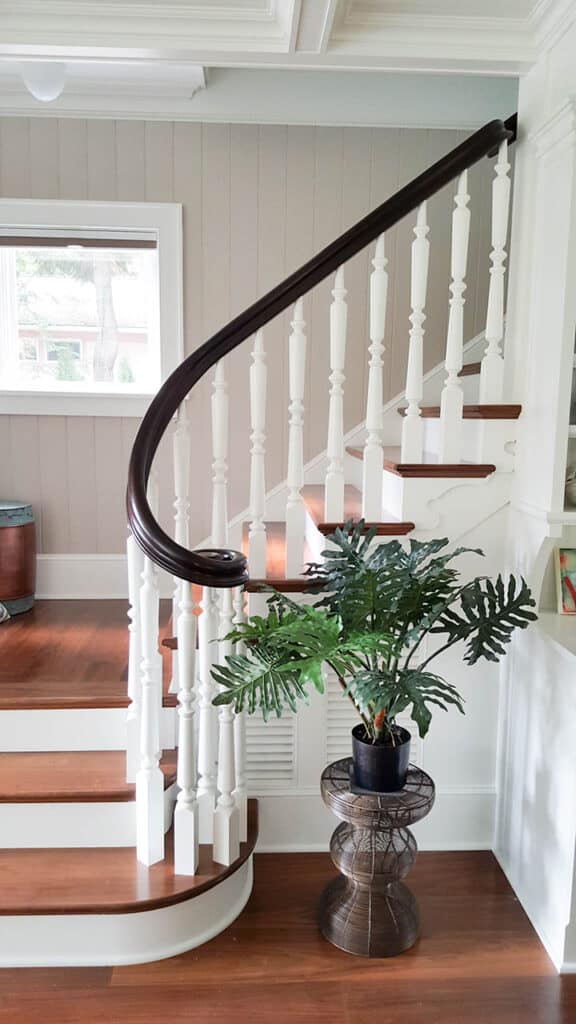
“That machine has been unbelievably helpful for us,” Weissman said. “We may need another one; it has been incredibly busy.”
Oak Pointe also employs several skilled craftsmen to help ensure that the company can produce just about any component someone would need to build a stairway. By way of example, Weissman noted that box newels have become popular in recent years.
“In essence, you take four boards and build a box with a lock-mitered joint, but you can do some pretty fancy stuff with that,” he noted, adding that the company welcomes a challenge. “Sometimes we get asked to make something completely different from stairs, such as table legs. One high-end designer company has developed these wall panels that we have to mill on our six-axis router. It was one of our biggest projects in 2022.”
Most of Oak Pointe’s operations are housed in a single 30,000 square-foot building that includes the company’s plant and offices. Across the parking lot is another 15,000 square-foot facility that handles the warehousing and shipping operations.
“Today, we can offer numerous designs and we have the equipment that allows us to make whatever a person wants. Just about every week, a customer finds a picture and wants to duplicate it or modify it,” Weissman said. “Our approach is, if you want high quality, if you want something different, here is our catalogue. If you don’t see it, we can make it for you.”
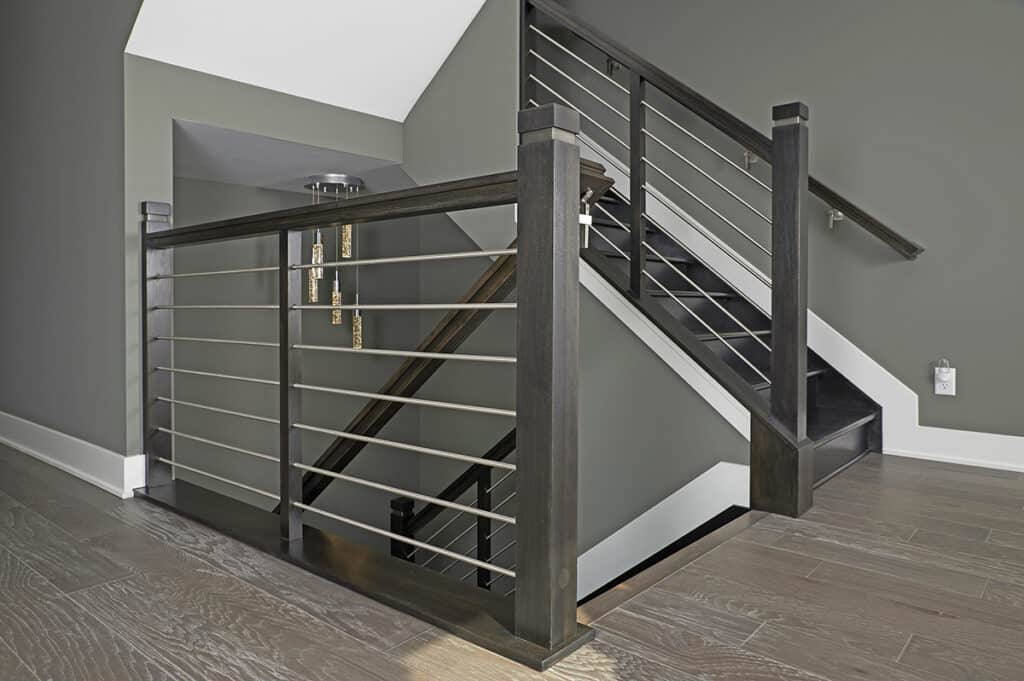
“When it comes to custom, not everybody has the stomach for this kind of business,” he said. “But at Oak Pointe, we make parts like this all the time; we know what we are doing. Our guys like the challenge and the variety, but in the heat of the battle, it can get pretty intense. We could not have the business we have without the people. The machines are an integral part of it, but if we didn’t have the people who had the vision to figure it out, it would not be possible.”
Looking forward, Weissman said he sees Oak Pointe building on the company’s solid foundation of consistent quality custom manufacturing.
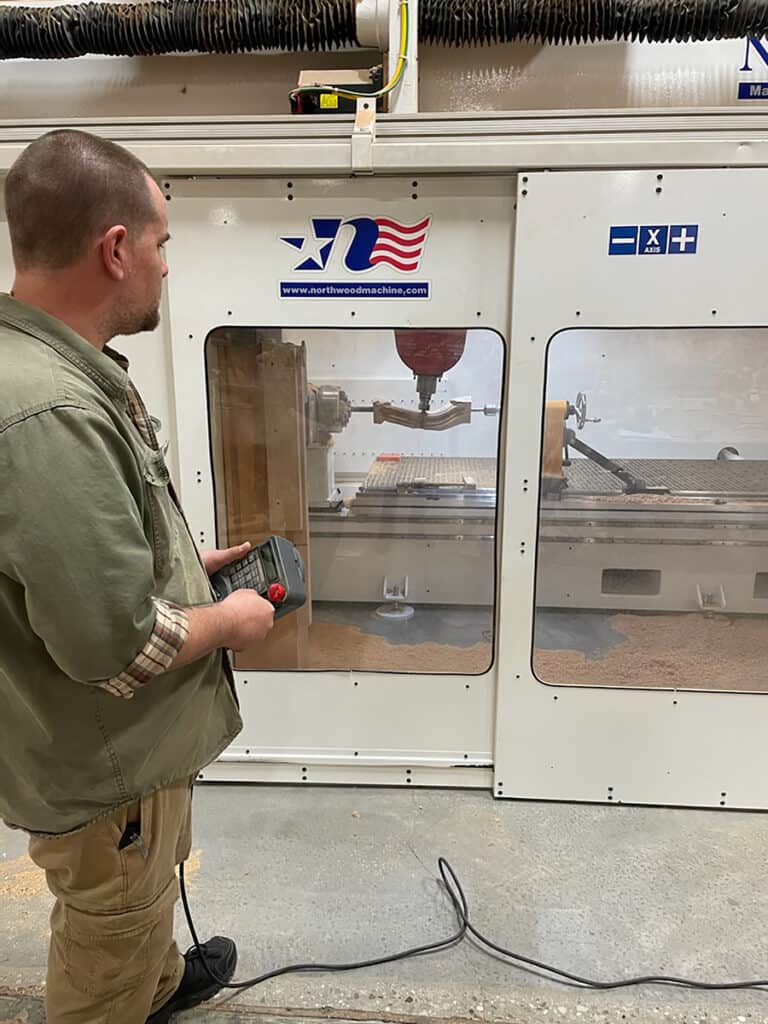
“We’ve gone from making high quality pretty basic parts to making more and more complex and intricate parts that take more front end work, both on the quoting and the design side of it. That’s a good business model,” he said. “We typically sell to lumber yards, retail shops, and other mills. We also sell to stair people who have shops and who do some fabrication, but many do not make turnings; I don’t want to step on their toes and start installing stairs. I just want to make any complex parts that they need.”
For more information visit, www.stairpartsandmore.com.
